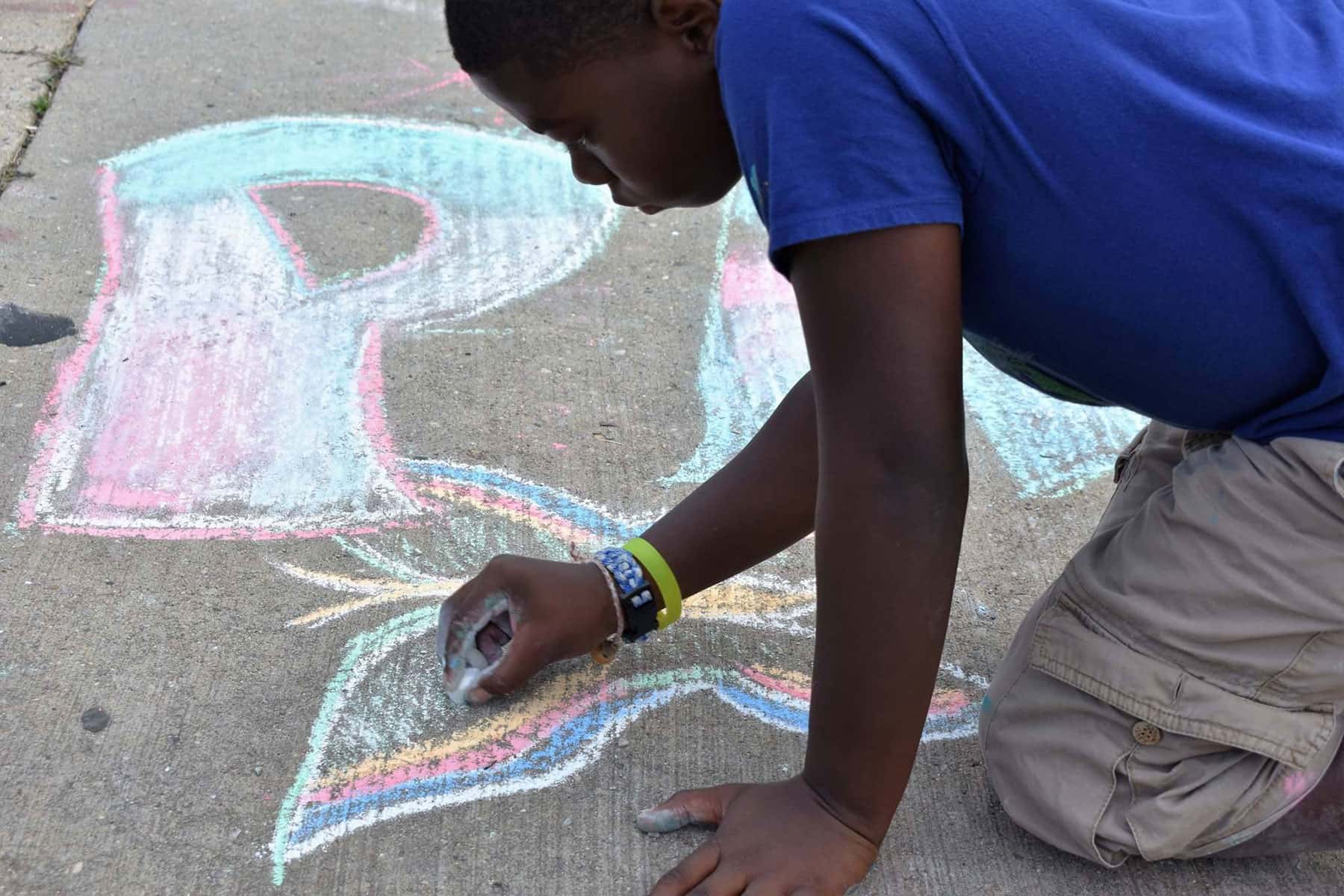
Mayor Tom Barrett and Health Commissioner Bevan K. Baker announced an award of $100,000 from Bader Philanthropies Inc. to the City of Milwaukee Health Department Office of Violence Prevention on November 19.
The funding has been awarded to support the 2018 launch of Ceasefire Milwaukee, a violence interruption program called for in Milwaukee’s Blueprint for Peace, the citywide violence prevention plan officially released Friday.
“I am thrilled to announce that Bader Philanthropies is continuing its great support of the Milwaukee community through this grant,” said Mayor Tom Barrett. “I thank Bader for stepping forward to assure that this new, important program will be able to expand its anticipated impact.”
The funding adds to $280,000 proposed in Mayor Barrett’s 2018 City budget and supported by the Milwaukee Common Council, and is a significant step toward allowing the program to expand beyond a single neighborhood when it launches in spring 2018.
“It is clear that our community has the will and an unwavering commitment to work hard to reduce violence and fatalities. And, the City of Milwaukee’s Blueprint for Peace is a comprehensive plan with concrete ways to measure progress in the years to come,” said Daniel J. Bader, President/CEO, Bader Philanthropies, Inc.
The award adds to the momentum behind Milwaukee’s ‘Blueprint for Peace,’ a citywide violence prevention plan developed through a 10-month planning process facilitated by the MHD.
“Milwaukee’s Blueprint for Peace calls for efforts to immediately interrupt conflicts alongside strategic and long-term investments to support youth, families, and neighborhoods,” said Commissioner of Health Bevan K. Baker. “This grant award from Bader Philanthropies is essential to our first goal to interrupt conflicts that can lead to violence.”
In 2018, an RFP will be issued for a community-based agency to implement the program. The program will be developed in coordination with the Milwaukee Common Council and will be modeled after Cure Violence, which is currently being implemented in more than 50 sites worldwide to de-escalate and interrupt conflicts before they result in violence. Sites that have implemented this model have demonstrated a decline in shootings and homicides within Cure Violence zones.
Additional funding is also being raised through the Violence Prevention Fund at the Greater Milwaukee Foundation.
City of Milwaukee Health Department
Nick Hansen














